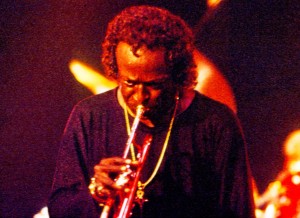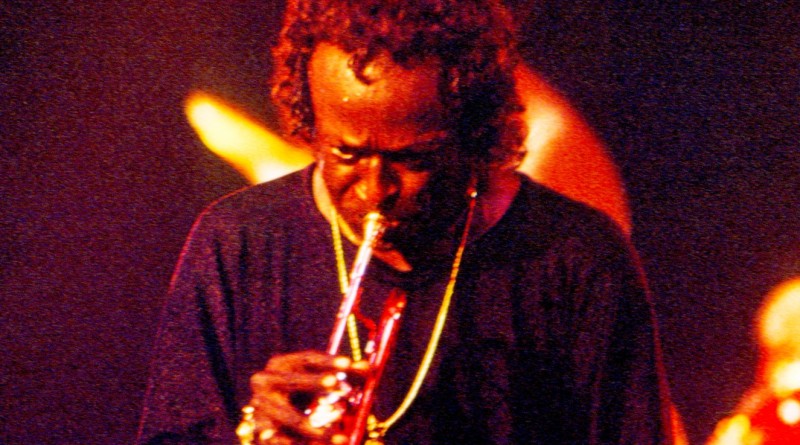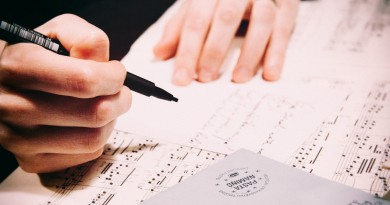Music general considerations and music improvisation tips
Improvising is composing in real-time. Here are some considerations and thoughts about musical improvisation analysis. At the end of this page there are important ad helpful tips about music improvisation.
Harmonic features about musical improvisation: there are different ways in improvising more or less similar to the harmony of the song on which it is made.

- In pop and classical music (Mozart, Chopin, and many other ones also improvised in the days going by musicians improvise inside harmony, chords and tonality.
- Improvising in blues is freer, it is based on the scale or blues tonality, but much more using chromatics and ornaments.
- In jazz solos there are different degrees of freedom, according to the Jazz styles.
In Traditional Jazz (Dixieland) improvisation is based above all on the notes of chords and tonalities.
Swing : it is based on their chords and tonalities using major, minor, diminished, pentatonic, blues scales. - be-bop – It is based on a frequent use of non chordal notes (9?,11?,13 ?), chromatics, harmonics substitutions and particulars (whole tone, diminished-whole tone scales)
- modal Jazz – It is based on one or two modes (ancient scales, not major o minor but for example Doric, Phrygian…)
- free-Jazz – It is based on extempore interaction between musicians, often following datum points. In this style improvising becomes completely free
- Also in funky music there is a frequent use of notes out of chord and tonality, but without disturbing harmony.
- In ethnic music improvising is based on pentatonic scales or typical modes of a particular region (for example Arabian or Indian music).
- In rock solos are usually inside harmony, change of chords and tonalities, and often follow pentatonic and blues scales.

General concepts on music improvisation
Rhythmic features of music improvisation
The rhythmic style in improvising suits the song rhythmic.
- In ragtime syncopations, upbeat accents and anticipations are being used so much.
- In swing (jazz, blues, soul, rock and roll….and so on) a sort of rhythmic sliding is created triplets quarters and eights are played stressing upbeat notes.
- In Latin and ethnic music improvisations often create polyrhythm, syncopations, figurations of dotted notes and anticipations
- In rock and in pop the shortest solos are rhythmically expressed, stressing upbeat with many anticipations and syncopations.
General music improvisation tips
Improvising is just like speaking, composing, singing, meditating…
For a good improvisation (that is harmonic and rhythmic practice) it is necessary:
- Respecting the tonal sense of the song and consequently the listener
- Always to have the reference or tonal barycentre of the song in improvising
That is :
- Always knowing which is general key of the song and its possible changes during its development (modulations)
- In getting out of the key, following determinate expedients in order not to “traumatize” the listener’s ear (playing notes out of the key on upbeat or by passing and making them solve on the closest tonal notes)
- Emphasize upbeats (off beats) in order to give rhythmic thickness and groove
- Playing downbeats very quietly
- Following chord changes in an exact way
- Varying phrasing
- Creating catchy melodies, as if they were pop song themes
- Giving a correct geometrical and spatial balancing to phrasing: in other words distributing phrasing on all the instrumental register in a regular way without exaggerating on a register instead of another one (in a general meaning)
- Thinking of the inner melody symmetry (balancing)
- Using all the 12 notes in a suitable way, above all in jazz and in styles deriving from it
Other music improvisation tips
Here are other important tips for a correct improvisation
- Not repeating already played phrases
- Avoiding unnecessary virtuosity
- Listening to musicians you are playing with and interacting with them, with the audience and with yourself
- Feeling your emotions and translating them in the improvisation phrasin
- Being as lucid as possible, avoiding drugs, alcohol, cigarettes, coffee and everything which can distort your natural consciousness
- Not repressing anxiety, fear or other emotions you are feeling during improvisation, but living them being good or bad.



